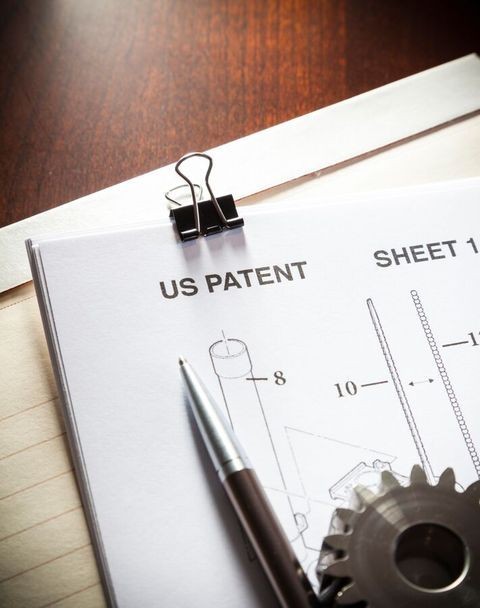Price Gouging Enforcement to Continue Post-Pandemic
Client Alert | 2 min read | 03.15.22
Though many states have either rescinded or allowed their pandemic-related declarations of emergency to expire, state attorneys general are continuing to monitor and enforce against price gouging.
For example, several state attorneys general have recently issued press releases regarding the potential price gouging of gas and oil after President Biden announced a ban on imports of Russian oil, coal, and natural gas. New York Attorney General James issued a warning to consumers, stating, “New York law prohibits sellers of fuel and other vital and necessary goods from charging unconscionably excessive prices during an abnormal market disruption, including disruptions caused by world conflicts.” The press release encourages consumers to report price gouging of gas or fuel. Nevada Attorney General Ford issued a similar statement, which also encourages consumers to submit complaints about any price gouging they encounter: “As the price for fuel increases, my Office will use every tool at our disposal, including the laws we sponsored and passed last session regarding price gouging and unfair and deceptive trade practices, to fully investigate any suspected instances of price gouging at the pump. . .While most retailers are increasing prices due to disruptions in the supply chain, I will not allow any bad actors to artificially inflate prices of basic needs to rip off Nevadans trying to drive to work or to be with loved ones.”
While most states’ laws that directly target price gouging are only in effect during a state of emergency (e.g. Covid or weather related emergency declarations), that does not mean there has to be an emergency in place for attorneys general to enforce against what they believe is unfair pricing. Instead, they will enforce against this conduct using their state’s general law against unfair and deceptive acts and practices (“UDAP law”). To determine what conduct is and isn’t permitted, they will look to either their UDAP law or their price gouging law as a guidepost.
Notably, price gouging laws are not a blanket prohibition on raising prices. They only prohibit raising prices in an unfair way. This means it is generally acceptable to raise prices in response to rising costs the seller is facing along the supply chain or otherwise. However, it would be a best practice to maintain records of cost increases the business is facing in order to demonstrate that the price increases are reasonable. Further, some of the laws prescribe the permitted methodology for how to calculate a permissible price increase tied to price increases outside of the sellers’ control. Businesses should also continue to monitor state price gouging laws to ensure pricing behavior is not likely to arouse regulatory scrutiny under their guidelines.
Contacts
Insights
Client Alert | 6 min read | 02.18.26
The CeramTec Case, or How to (not) Navigate the Patent to Trademark Transition
The Court of Justice of the European Union (CJEU) recently delivered its judgment in the CeramTec case (C-17/24).
Client Alert | 4 min read | 02.17.26
Texas Federal Court Hands Cyber Policyholders Major Win in Southwest Airlines Coverage Dispute
Client Alert | 3 min read | 02.13.26
Client Alert | 12 min read | 02.13.26
What Organ Procurement Organizations Need to Know About CMS's New Proposed Rule




